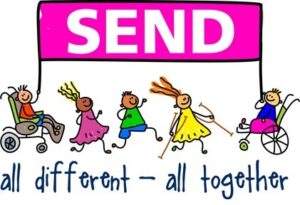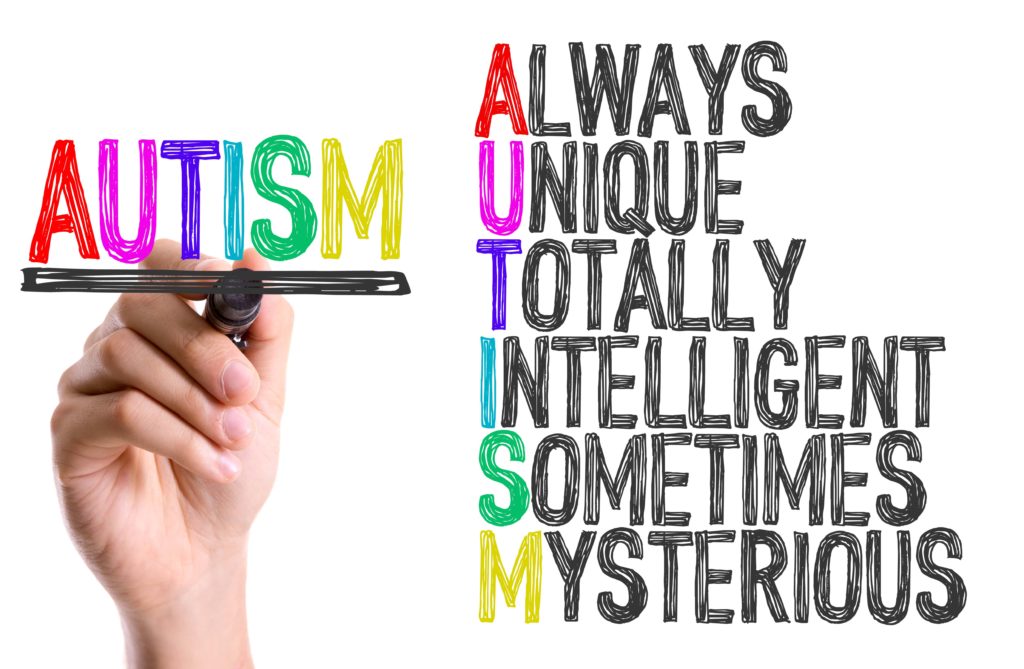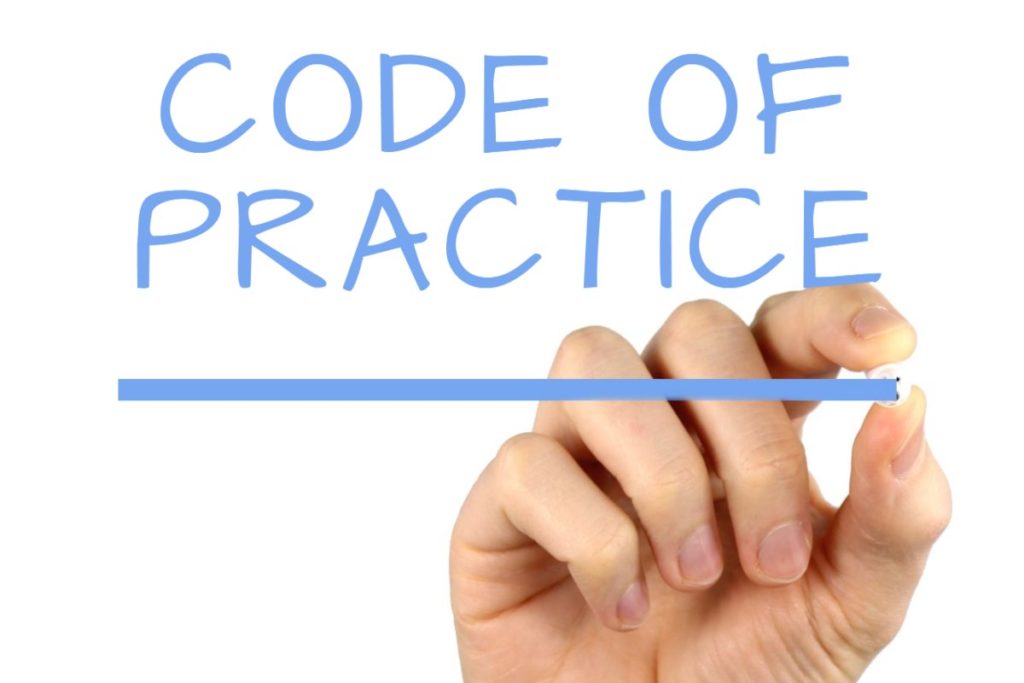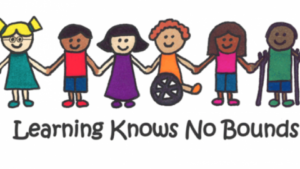OUR COMMITMENT
“To ensure that students with SEND make at least good progress, achieve their personal best and are included in every aspect of school life”.
At Sound & District, we believe that a whole school approach is the best way to ensure access, participation and achievement for all. This is why Quality First Teaching underpins everything we do! Even though our teachers are responsible and accountable for the progress and development of all the students they teach, the SENCO and the whole school team are also here to ensure that our children with Special Educational Needs or Disabilities (SEND) reach their full potential, are happy and become confident individuals armed with the skills required for successful transition into adulthood.
Our SENCO, Mrs K Booth, works alongside our children, parents, wider school team and professionals to ensure that children with SEND are fully supported. We have an extensive range of support systems in place in order to achieve this and our staff have a wealth of experience and expertise.
In addition to focused support aimed at specific educational outcomes, the SENCO and wider team support children to: make their own choices, help to prepare them for better transition between life stages, grow their independence, promote participation in wider society and place great importance on keeping healthy, both mentally and physically.

STAR Day

Star Day is a designated time each term for all pupils on our SEND register. These meetings are designed to ensure that teachers, parents and other stakeholders are fully informed and able to work together to support the child’s learning and development. Targets are reviewed, new, SMART targets set and next steps discussed. In the Summer Term, we focus these meetings on ensuring transition into the new year group is effective and as stress-free as possible. Parents meet their child’s new class teacher and new targets are decided upon collaboratively between current and new.
SEND Areas of Need

Any students with SEND will be categorised into one of the four broad areas of need. In practice, individual children or young people often have needs that lie across several or all these areas and their needs may also change over time.
Communication and Interaction
Children and young people with speech, language and communication needs (SLCN) have difficulty in communicating with others. This may be because they have difficulty saying what they want to, understanding what is being said to them or they do not understand or use social rules of communication. The profile for every child with SLCN is different and their needs may change over time. They may have difficulty with one, some or all of the different aspects of speech, language or social communication at different times of their lives.
Children and young people with ASD, including Asperger’s Syndrome and Autism, are likely to have particular difficulties with social interaction. They may also experience difficulties with language, communication and imagination, which can impact on how they relate to others.

Cognition and Learning

Support for learning difficulties may be required when children and young people learn at a slower pace than their peers, even with appropriate differentiation. Learning difficulties cover a wide range of needs, including moderate learning difficulties (MLD), severe learning difficulties (SLD), where children are likely to need support in all areas of the curriculum and associated difficulties with mobility and communication, through to profound and multiple learning difficulties (PMLD), where children are likely to have severe and complex learning difficulties as well as a physical disability or sensory impairment.
Specific learning difficulties (SpLD), affect one or more specific aspects of learning. This encompasses a range of conditions such as dyslexia, dyscalculia and dyspraxia.
Emotional, Social and Mental Health Difficulties
Children and young people may experience a wide range of social and emotional difficulties which manifest themselves in many ways. These may include becoming withdrawn or isolated, as well as displaying challenging, disruptive or disturbing behaviour. These behaviours may reflect underlying mental health difficulties such as anxiety or depression, self-harming, substance misuse, eating disorders or physical symptoms that are medically unexplained. Other children and young people may have disorders such as attention deficit disorder, attention deficit hyperactive disorder or attachment disorder.
Schools and colleges should have clear processes to support children and young people, including how they will manage the effect of any disruptive behaviour so it does not adversely affect other pupils.
Sensory and/or Physical Needs

Some children and young people require special educational provision because they have a disability which prevents or hinders them from making use of the educational facilities generally provided. These difficulties can be age related and may fluctuate over time. Many children and young people with vision impairment (VI), hearing impairment (HI) or a multi-sensory impairment (MSI) will require specialist support and/or equipment to access their learning, or habilitation support. Children and young people with an MSI have a combination of vision and hearing difficulties.
Some children and young people with a physical disability (PD) require additional ongoing support and equipment to access all the opportunities available to their peers.
Important SEND Information
(Please click on the links below)








Autism Inclusive – For autism diagnosed/suspected, we welcome all – Autism Inclusive is a charity offering support for those with Autism (diagnosed or suspected) and their families.
Rubys Fund – supporting and nurturing children to maximise their full potential– Thriving Families is the name of the family support and wellbeing services for parents/carers of SEND children and their siblings which Ruby’s Fund delivers.
Welcome to Springfield School – Springfield’s Outreach provides specialist support on and advice on SEND to mainstream schools.
Cheshire East Educational Psychology Service – Live Well Cheshire East – Cheshire East Psychology work with parents, carers & practitioners to identify and support the needs of children both at home and in school.
https://livewellservices.cheshireeast.gov.uk/Services/1086/CEAT-Cheshire-East – Cheshire East Autism Team provide specialist support for children attending Cheshire East Schools.
www.autism.org.uk – The National Autistic Society website, the main UK charity for supporting people with ASD and their families (contains lots of useful advice and resources)
https://attentionautism.co.uk/ – For more information on Attention Autism and how you can support your child to develop attention and turn-taking skills
www.widgit.com/resources – Symbolled resources for different topics and areas of life, including resources for fire safety and about visiting the doctors/dentists
whttps://www.kids.org.uk/w.special-needs-kids.co.uk – An information directory for parents and carers
https://councilfordisabledchildren.org.uk/about-us-0/networks/information-advice-and-support-services-network – Advice and support for parents of children with SEN
www.autismuk.com – Lots of information on ASD
www.autismspeaks.org – A comprehensive site, with a useful resource library
www.oneplaceforspecialneeds.com/main/library_social_stories.html – A really useful set of social stories to share with children, covering topics ranging from coping with a new baby in the family to getting a haircut to making friends. The National Autistic Society website also provides guidance on writing your own personalised social stories
https://contact.org.uk/ Contact support families with disabled children by giving guidance and information and bringing families together to support each other. They have online advice and run a free helpline for parents and carers who want to talk through their issues with one of their expert advisers.

